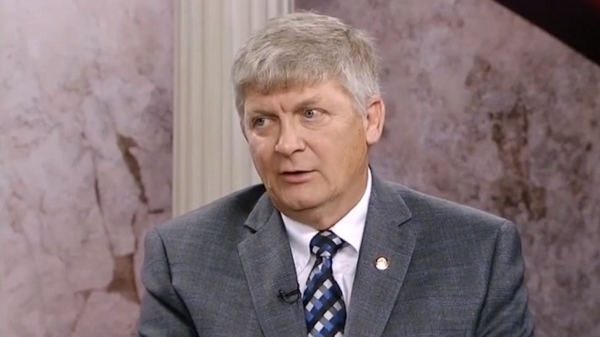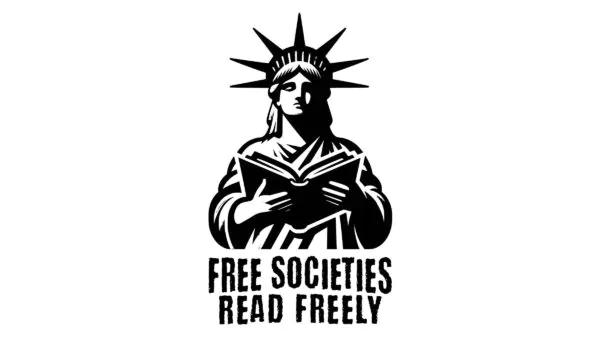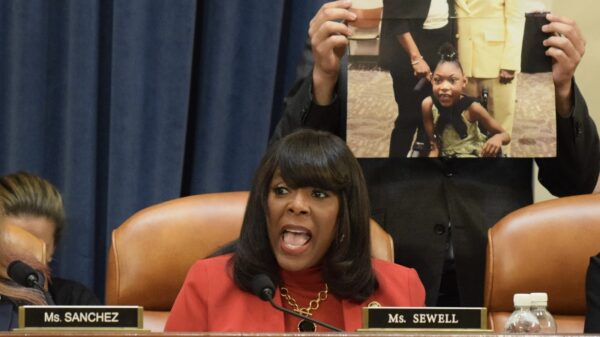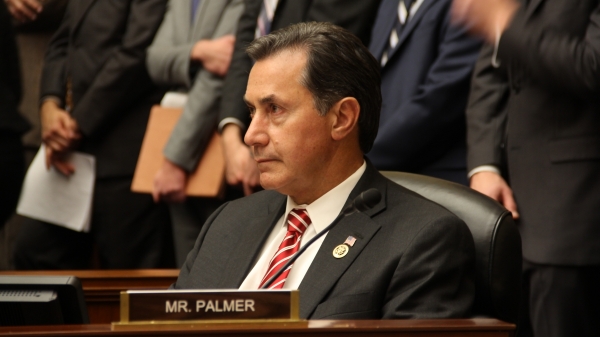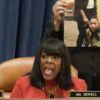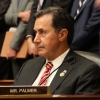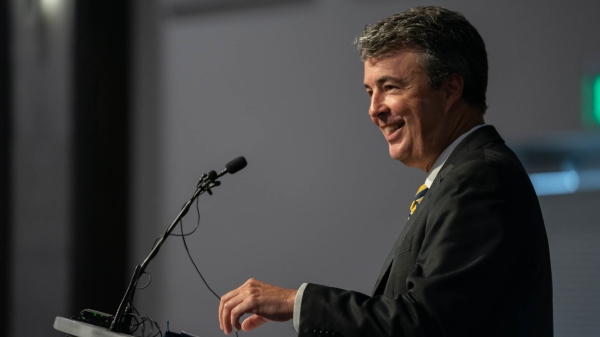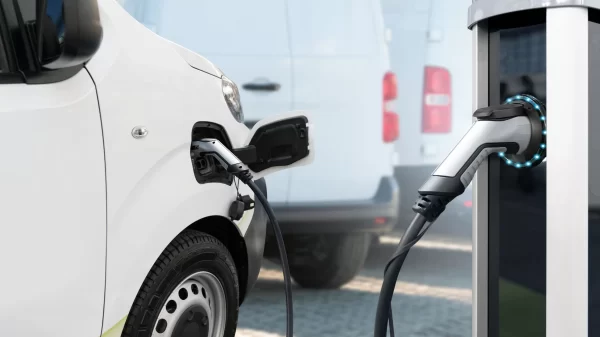There are important omissions in the sweeping federal Green New Deal proposal, said members of a coalition of gulf state organizations in an announcement Wednesday of the coalition’s policy platform.
The Gulf South for a Green New Deal, made up of 49 organizations in Texas, Luisiana, Mississippi, Alabama and Florida, was formed this year to make certain that marginalized communities in those states are a part of the conversation as the nation moves away from fossil fuels to clean energy and combats the impacts of climate change.
Colette Pichon Battle, Executive Director, Gulf Coast Center for Law & Policy, speaking to reporters in a conference call Wednesday, said that the Green New Deal legislative proposal co-authored by U.S. Rep. Alexandria Ocasio-Cortez, D-NY, has much coalition members agree with, but doesn’t mention “fisheries, and when you live in the gulf south and you don’t mention fisheries you’re missing a big part of not only our community but our economy.”
Gulf South for a Green New Deal Policy Platforms
The Green New Deal also doesn’t specifically address farm worker rights, Pichon Battle said, adding that those industries are important to communities in Texas and Florida.
“And while there is mention of a just transition,” Pichon Battle said of the Green New Deal. “We are calling for a just transition to energy equity.”
Pichon Battle said they’re calling for a break-up energy production monopolies, whether fossil fuel based or clean energy, that “are taking money out of the pockets of hard-working Americans here in the gulf south who are struggling to pay their energy bills.” Those bills will only get higher, she said, as climate change continues to warm the planet.
The coalition is meant to bring all of its partners together to work to ensure the concerns of those marginalized communities are heard, Pichon Battle explained, and that the special needs of the gulf south are addressed.
One such community is the Houma people, about 17,000 native Americans living in southeastern Louisiana who are already seeing the impacts of climate change.
Lanor Curole, United Houma Nation tribal administrator, told reporters during the Wednesday call that several aspects of the coalition’s proposals are important to the Houma people.
“Our people are facing real threats to their homes, our shared culture and generational connections with historical communities that are disappearing quietly into the gulf,” Curole said.
Many Houma families remain on the Isle de Jean Charles, a small island 80 miles southwest of New Orleans that’s rapidly sinking due to rising seas.
Curole said the Houma people also support the coalition’s platform’s concern for valuing all people.
“We recognize that these are complex issues being faced by frontline communities and jobs that provide living wages, all must be connected to the solutions,” Curole said
Communities of color have also been most often impacted by the toxic economy of fossil fuels, members said during the call. The platform states that “Like oil and gas operations, a disproportionate amount of chemical storage and refining occurs in low-income and predominantly Black and Brown communities.”
The harmful and growing problem of algae blooms in the gulf, the product of pollutants from industrial agriculture upstream, is also impacting those communities of fisheries and decreasing coastal tourism, the platform states.
Climate change is also a threat multiplier, the policy platform goes on to state, and that “The number of days exceeding 100 degrees is rising in all five states and is expected to quadruple by 2050.”
The number of flood events in the region is predicted to double by 2030, putting nearly 2 million homes at risk in Florida and Texas alone, the platform states, citing a study by the Union of Concerned Scientists.
“Gulf Coast communities are significantly disadvantaged in preventing and recovering from flooding as a result of social and economic inequalities,” it states. “The most impacted areas are host to long-standing tribal territories and historic Black communities.”
Teresa Fox Bettis, executive director for the Center for Fair Housing in Mobile, told reporters during the call that her organization’s push for affordable and fair housing runs parallel to the coalition’s policy concerns, and that federal funding available for affordable housing comes with a requirement to address any “barriers that prevent equal access to decent, safe, sanitary housing and in healthy communities.”
“What we have seen is an increase in demand for affordable housing, especially after climate disasters,” Bettis said.
Alabama was impacted by hurricane Katrina as well, Bettis said, and many Alabamians lost their homes. Much of the aid funding decisions made on the federal level didn’t meet local needs in Alabama, she said.
“We still see lingering effects even today from not having access readily to affordable housing for many individuals that live here in Alabama and in the region,” she said. “The environmental justice concerns that face most black communities are major concerns, because most of that affordable housing stock is located within communities that are not environmentally safe.”
Bettis said that the historical black community Africatown in Mobile, recently making national news after the discovery of the last slave ship Clotilda, is inundated with dirty industries that are making black residents there sick.
The Guardian newspaper reported in 2018 on a lawsuit filed by residents of Africatown against the company that operated a now-closed paper plant they say released dangerous chemicals into the air and water that spiked cancer rates.
Meena Jagannath, co-Founder of Miami-based social justice legal advocacy group Community Justice Project, told reporters Wednesday that the coalition’s policy platforms are “values and policy priorities that will help extremely climate-vulnerable areas like south Florida develop systems and institutions to confront the climate crisis in equitable, inclusive and innovative ways.”
Jagannath said her group sees the coalition as a way to get at the root causes of the kinds of racial injustice that historically kept blacks from living along Miami’s coastline during segregation, and that today, because of sea level rise, threatens to drive them out of their inland communities, located on safer, higher ground.
“We are working to ensure that the low-income black and brown communities facing displacement on this more climate-resilient land have a say in the development of their communities, and have access to safe and affordable housing to live in for decades to come,” Jagannath said.
Gulf State for a Green New Deal partners include:
- Alliance for Affordable Energy
- Ashe Cultural Arts Center
- Baton Rouge Democratic Socialists of America (DSA)
- Climate Justice Alliance
- Climate Nexus
- Climate Reality Project NOLA
- Congo Square Preservation Society
- Culinaria Center for Food Law, Policy, and Culture
- Divest Tulane
- Energy Foundation
- Foundation for Louisiana
- Greater New Orleans Housing Alliance (GNOHA)
- HousingNOLA
- Greater New Orleans Fair Housing Action Center
- Green Party of Louisiana
- Healthy Gulf
- Hijra House
- Institute of Women and Ethnic Studies
- Jewish Voice for Peace – New Orleans
- Justice & Accountability Center of Louisiana
- Justice & Beyond
- Living School
- Lower 9th Ward Center for Sustainable Engagement & Development
- Midlo Center for New Orleans Studies – UNO
- New Orleans Democratic Socialists of America
- New Orleans Workers’ Center for Racial Justice (NOWCRJ)
- Nfungotah, Inc.
- Nola to Angola
- New Orleans Video Access Center (NOVAC)
- No Waste Louisiana
- One Voice MS
- Progressive Northshore Democrats
- RISE St. James
- Save Manchac Coalition
- SEIU Local 21
- Sierra Club
- Sierra Club Delta Chapter
- SPROUT NOLA
- Steps Coalition
- Step Up Louisiana
- Sunrise New Orleans
- The First 72+
- Tulane Green Club
- Tuscaloosa Sunrise Hub
- United Houma Nation
- Voice of the Experienced
- Wind and Warrior
- 350 New Orleans
- 771 Alliance of Southern University / SU Sierra Student Coalition

